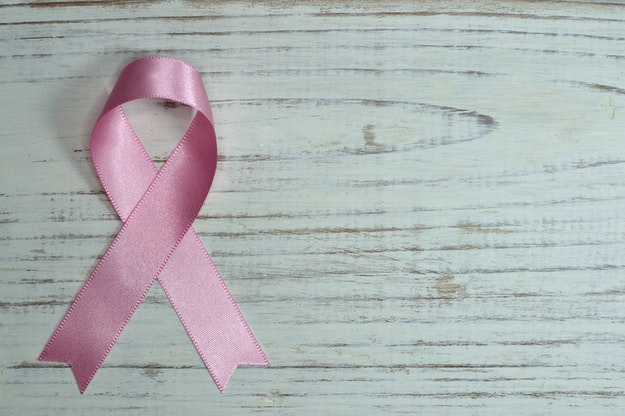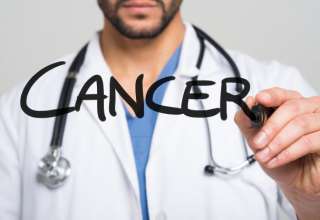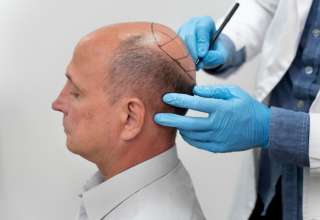Cancer of any kind can be dangerous to the body as it weakens the immune system of the body and spreads to other body parts. In a simple definition, cancer is the uncontrollable growth of cancer cells that invade and cause damage to surrounding tissues and the reasons might be anything from poor eating habits to exposure to radiation to habits such as smoking and chewing tobacco and others. When it comes to oral cancer, it is a growth or sore in your mouth that does not heal automatically for weeks. If you find such a sore in your mouth, visiting nearby Northern Beaches dental or oral care centers might help you to diagnose and treat the issue earliest.
In Australia, each year, almost 900 new intraoral carcinoma cases are registered, which is roughly 6.5 percent of all cancers in Australia. Oral cancer affects the tongue, lips, cheeks, and soft and hard palate of mouth and sinuses. Remember, it can be life-threatening if not treated earlier before it spread in other body parts. Thus, be sure to keep up with dental check-ups; if you need a recommendation, check out http://www.
What are the causes of oral cancer?
Generally, men are twice at risk to develop oral cancer than women. Men who have crossed 50 are at the greatest risk. One of the main reasons to develop any type of cancer in the body is poor food habits, lifestyle, stress, and other habits such as drinking and smoking. Some of the causes of oral cancer are:
Smoking
If you are a smoker, you are at the risk of developing oral cancer. Cigarettes, cigar, and pipe smokers inhale several cancer-causing chemicals in their bodies which might turn fatal. Smokers are at six times higher risk of developing oral cancer than non-smokers.
Chewing tobacco
There are several tobacco products available in the market and people who have just quit smoking, are more likely to develop the habit of dip, snuff, or chewing tobacco. The irony is they find such products less harmful than smoking, which is an absolute lie. Tobacco users are also at risk to develop cancers of cheeks, gums, and lining of the lips.
Alcohol
If you are a heavy drinker, you are six times more at risk of developing oral cancer compared to non-drinkers.
Family history of cancer
If anyone in your family has cancer history, you are also at the risk of developing cancer.
Excessive sun exposure
Especially at a very younger age, if you are exposed to the sun for several hours a day, you might develop oral cancer.
Human Papillomavirus (HPV)
There are certain HPV strains that are cancer-causing, which spread generally through oral sex, among men mostly.
What are the signs and symptoms of oral cancer?
- Sores anywhere in the mouth including sides of the tongue, the floor of the mouth, hard or soft palate or gums which don’t heal and pain.
- Reddened, painful, and irritating patches in the mouth.
- Unexplained pain in the mouth.
- Bleeding in the mouth.
- The development of a lump or mass in the thirst area that can be felt. It is not painful though. Men might notice it while shaving.
- Colour change of oral mucosa
- Losing teeth without any obvious dental issues.
- Voice change or hoarseness in voice
- Difficult and painful swallowing
Diagnosis
Generally, when people notice sores or any unusual patches in the mouth, they consult the medical help. Sometimes, the pain is so severe that you rush to emergency dental services when cancer has spread in your gums and you mistake it with dental issues. Sometimes, your medical practitioner will notice unusual growth or patches in your mouth and bring to your attention. Your doctor will ask you about your habits, family medical history, and other relevant questions such as symptoms and signs.
Conclusion
You should not ignore unusual patches or sores in the mouth as it might be the early stage of oral cancer and can be treated without any complications. Make a Northern Beaches dental or oral health check appointment if your sores or patches don’t heal in 2 to 3 weeks. If diagnosed and treated in the early stage, the survival rate is good for oral cancer. Ensure frequent full-body health checkups, at least twice in a year for you and your family. Maintaining good dental care is paramount for the cancer patient. If you are a smoker or chew tobacco, stop it immediately. Keep alcohol consumption in moderation. Develop healthy habits and do moderate exercise regularly to stay healthy and fit.












